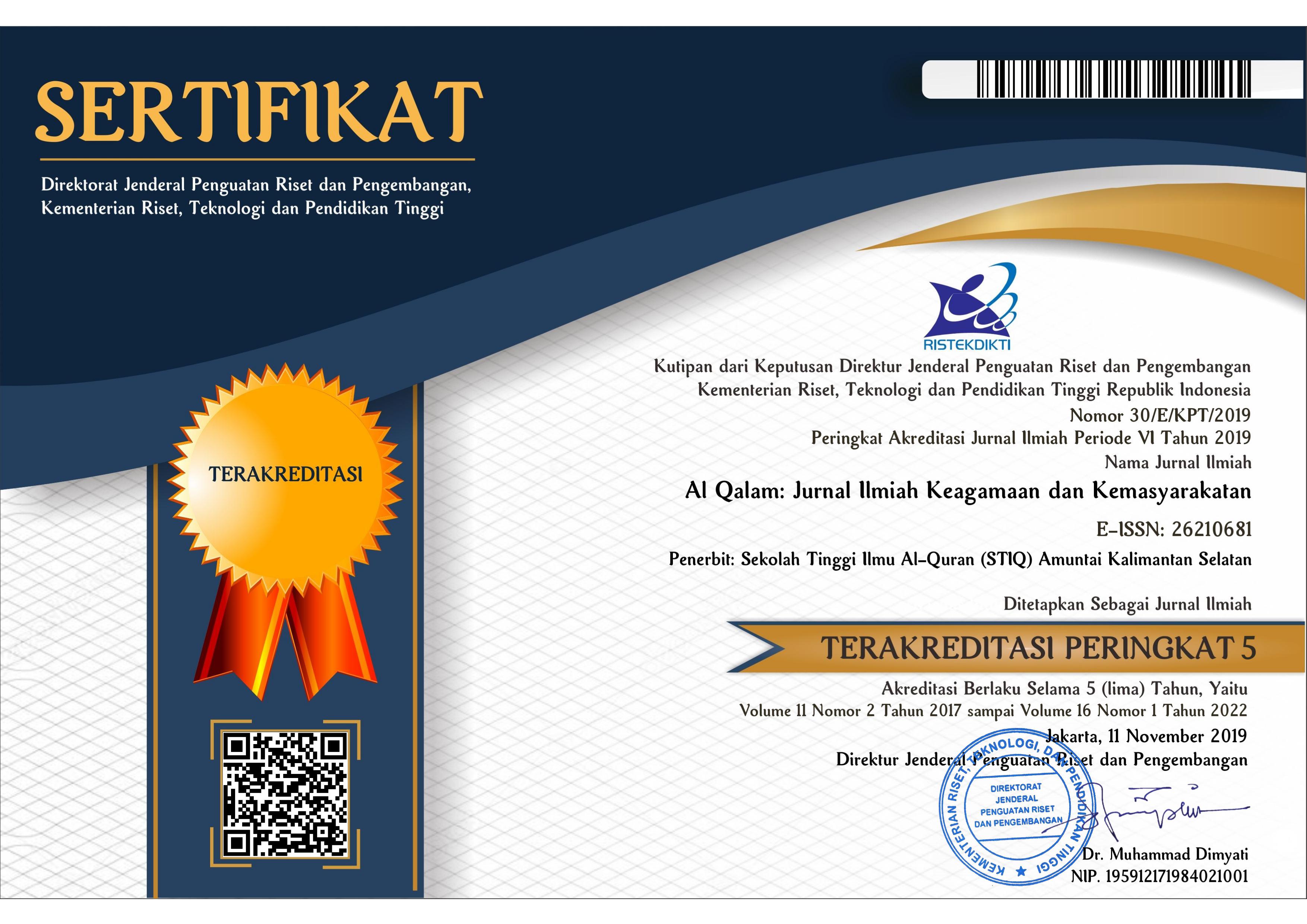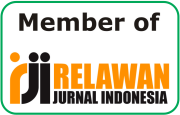Organizational Framework Development: Formulating Strategy to Increase Digital Maturity
Abstract
Keywords
Full Text:
PDFReferences
Bărbulescu, Oana, Alina Simona Tecău, Daniel Munteanu, and Cristinel Petrişor Constantin. “Innovation of Startups, the Key to Unlocking Post-Crisis Sustainable Growth in Romanian Entrepreneurial Ecosystem.” Sustainability 13, no. 2 (2021). https://doi.org/10.3390/su13020671.
Corver, Q., T. Smeets, and P. Sol. How to Win with Digital. Amsterdam: Cognizant, 2019.
Donoghue, Leigh P, Jeanne G Harris, and Bruce A Weitzman. “Knowledge Management Strategies That Create Value.” Accenture Institute, no. 1 (1999).
Freeman, John, Glenn R. Carroll, and Michael T. Hannan. “The Liability of Newness: Age Dependence in Organizational Death Rates.” American Sociological Review 48, no. 5 (1983). https://doi.org/10.2307/2094928.
Hair, J. F., R. P. Bush, and D. J. Ortinau. Marketing Research. New York: The McGraw-Hill Companies, 2003.
Klötzer, Christoph, and Alexander Pflaum. Toward the Development of a Maturity Model for Digitalization within the Manufacturing Industry’s Supply Chain. Proceeding of the 50th Hawaii International Conference on System Science. Hawaii: Hawaii International Conference on System Science (HICSS), 2017.
Miller, George A. “The Magical Number Seven, Plus or Minus Two: Some Limits on Our Capacity for Processing Information.” Psychological Review 63, no. 2 (1956). https://doi.org/10.1037/h0043158.
Priyono, Anjar, Abdul Moin, and Vera Nur Aini Oktaviani Putri. “Identifying Digital Transformation Paths in the Business Model of SMEs during the COVID-19 Pandemic.” Journal of Open Innovation: Technology, Market, and Complexity 6, no. 4 (2020). https://doi.org/10.3390/joitmc6040104.
Rodrigues, Cristina Doritta, and Matheus Eurico Soares de Noronha. “What Companies Can Learn From Unicorn Startups to Overcome the COVID-19 Crisis.” Innovation & Management Review, 2021. https://doi.org/10.1108/INMR-01-2021-0011.
Rossmann, A. Digital Maturity: Conceptualization and Measurement Model. Thirty Ninth International Conference on Information Systems. California: International Conference on Information Systems (ICIS), 2018.
Schumacher, Andreas, Selim Erol, and Wilfried Sihn. “A Maturity Model for Assessing Industry 4.0 Readiness and Maturity of Manufacturing Enterprises.” Procedia CIRP, The Sixth International Conference on Changeable, Agile, Reconfigurable and Virtual Production (CARV2016), 52 (2016). https://doi.org/10.1016/j.procir.2016.07.040.
Stinchcombe, A. “Social Structure and Organization.” Scientific Research, 1965.
Sugathan, Praveen, Alexander Rossmann, and Kumar Rakesh Ranjan. “Toward a Conceptualization of Perceived Complaint Handling Quality in Social Media and Traditional Service Channels.” European Journal of Marketing 52, no. 5/6 (2018). https://doi.org/10.1108/EJM-04-2016-0228.
Symonds, P. M. “On the Loss of Reliability in Ratings Due to Coarseness of the Scale.” Journal of Experimental Psychology 7, no. 6 (1924). https://doi.org/10.1037/h0074469.
Tabrizi, Behnam, Ed Lam, Kirk Girard, and Vernon Irvin. “Digital Transformation Is Not About Technology.” Harvard Business Review, 2019. https://hbr.org/2019/03/digital-transformation-is-not-about-technology.
Vial, G. “Understanding Digital Transformation: A Review and a Research Agenda.” Journal of Strategic Information System 28, no. 2 (2019).
DOI: http://dx.doi.org/10.35931/aq.v17i2.2011
Refbacks
- There are currently no refbacks.
Copyright (c) 2023 Al Qalam: Jurnal Ilmiah Keagamaan dan Kemasyarakatan
Al Qalam: Jurnal Ilmiah Keagamaan dan Kemasyarakatan
index by:
Publish by:
Sekolah Tinggi Ilmu Al-Qur'an Amuntai
Contact us:
Address: Jl. Rakha Pakapuran, Amuntai Utara
Kabupaten : Hulu Sungai Utara
Kode Pos : 71471
Provinsi : Kalimantan Selatan
Telephone : 085251613000
Email: hafizhihusinsungkar@gmail.com

This work is licensed under a Creative Commons Attribution 4.0 International License


